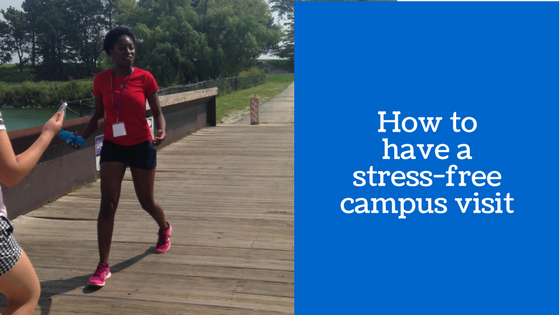As the parent of a 10th grader, you may recall the heartaches of this awkward year of high school and how challenging it can be. What can make this year awkward from a college-readiness standpoint is that your teen isn’t quite fully in the college admissions phase. To make the most of this year, here are four sophomore year of high school tips that I have learned over the years:
#1 – Develop Self-awareness
This is a great year for your teen to get in touch with who they are and what they want . . . not just being who their parents say they are or imitating their friends’ interests.
Developing self-awareness can be done through taking some initial inventories and interest surveys that can help with figuring out likes and dislikes. Your school counselor may have access to some really great tools that your teen can take.
The key will be making sure that they review the results with their counselor and you should get a copy as well to discuss with your teen. Perhaps interpreting the results can lead your teen to consider certain careers or help with building their interpersonal skills, depending on the survey instrument taken.
#2 – Re-evaluate friend groups
This second tip may sound a bit harsh in some way, but 10th grade is a good time for your teen to really reassess their friend groups. When I say reassess friend groups, it’s really about your teen thinking about who is a friend and who is not a friend.
And if it’s someone that’s really not a good friend to them, then it’s okay to exit that relationship and not be in a place where they feel bad about themselves or unwanted.
I’ve seen a number of teens go through this experience and it’s been one that’s really been valuable for them in 10th grade. During 9th grade, they may have made some friends that weren’t the best choices. Because 11th grade will likely be a bit more intense, managing toxic relationships at school could be even more challenging.
Sophomore year can be a good time to join a new group because it’s likely that there are some other classmates who are also open to new friendships.
#3 – Pursue interests
Your teen should consider pursuing what interests them . . . whether it’s a particular club at school or community service activity. The key is that whichever activity they pursue, make sure that it’s not about doing what their friends are doing or participating because mom/dad suggested.
BTW, I understand that this may sound easier than it is in practice, especially if your teen does not want to be involved. A parent shared recently that they forced their teen to choose one club to join. Although I don’t recommend “forcing” a teen to do anything, you, the parent, would know best what will motivate your teen to take action.
What have you done when your teen has been reluctant to participate at school?
#4 – Spend summer wisely
Encourage your sophomore to spend their summer in a productive, intentional way.
For example, let’s say that your teen completes an interest inventory and the results show that they may be a fit for business. Then they could consider a summer internship, part-time job and/or countless summer business programs. These summer experiences could help them determine whether business really is an area that interest them.
One of my students attended a summer business program after his sophomore year and realized that marketing interested him far more than finance. That’s an important distinction to make because business is such a broad field. (With an interest an marketing, then that could lead to getting involved with DECA during junior year.)
Whatever the experience your teen pursues during the summer, remember to be intentional about the summer and not just let the summer happen to your teen.
For more insights and tips for sophomore year, check out our 10th grade roadmap which includes specific month-by-month suggested actions, colleges worth considering and scholarships!


















